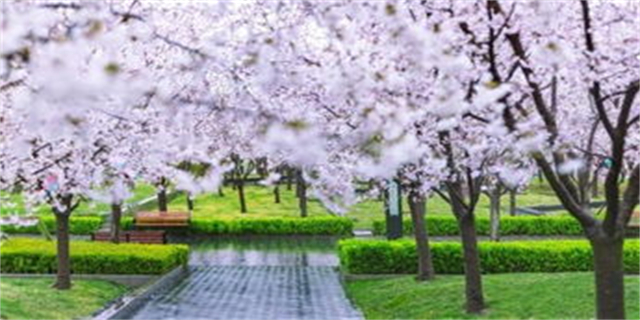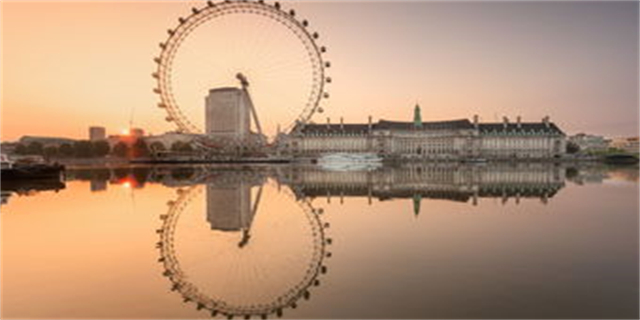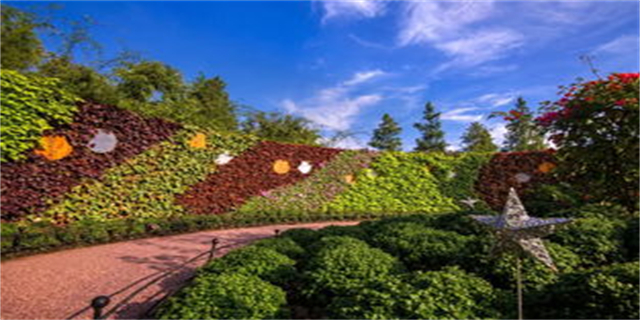majesty(Monarchy A Tale of Majesty)

Monarchy: A Tale of Majesty
The concept of monarchy has been a fascinating aspect of human civilization for centuries. The sight of a royal figure, adorned in regal splendor, commanding respect and awe, has always captivated the hearts and minds of people. In this article, we will delve into the world of majesty and explore the significance of monarchy in different cultures and periods in history. Let us embark on a journey to understand the allure and grandeur of majesty in all its glory.
The Birth of Majesty
Majesty has its roots in the dawn of civilization. From the ancient Egyptian pharaohs to the Chinese emperors, the noble class has always sought to establish their dominance through the institution of monarchy. The title of king or queen has been synonymous with power, authority, and prosperity. The crown, a symbol of majesty, has been passed down through generations, representing the continuity and stability of a nation. The birth of majesty marked the beginning of an era where one individual had the power to shape the destiny of an entire kingdom.
The Majesty of Symbolism
Majesty is not merely a title; it is a world of symbolism and elaborate ceremonies. The coronation ceremony, where the monarch is crowned, is a spectacle of grandeur and tradition. The regalia, the crown jewels, and the scepter all hold deep symbolic meaning, representing the monarchical power and divine right to rule. The royal attire, with its intricate designs and luxurious fabrics, signifies elegance and prestige. Every aspect of the monarch's appearance and regalia is carefully curated to portray majesty and command respect from the subjects.

A Timeless Legacy of Majesty
Throughout history, different monarchies have left an indelible mark on the world through their legacies of majesty. The British monarchy, for example, is a testament to the enduring allure of majesty. The Queen's Guard, with their iconic red uniforms and towering bearskin hats, exemplify the grandeur and discipline associated with majesty. In Japan, the Emperor continues to hold a significant cultural and symbolic role, representing the unity and traditions of the nation. The majesty of these monarchies transcends time, reminding us of the legacy they have passed down to future generations.
In conclusion, majesty encompasses more than just a title or position of power; it is a symbol of historical significance, tradition, and cultural identity. Monarchies around the world have played a crucial role in shaping the course of history, leaving behind a legacy that continues to captivate our imaginations. Whether it is the opulence of the royal regalia or the solemnity of the coronation ceremony, majesty remains a timeless concept that fascinates and inspires us. The allure of majesty is not merely for the privileged few who wear the crown, but for all who seek to witness and understand the grandeur of this ancient institution.












